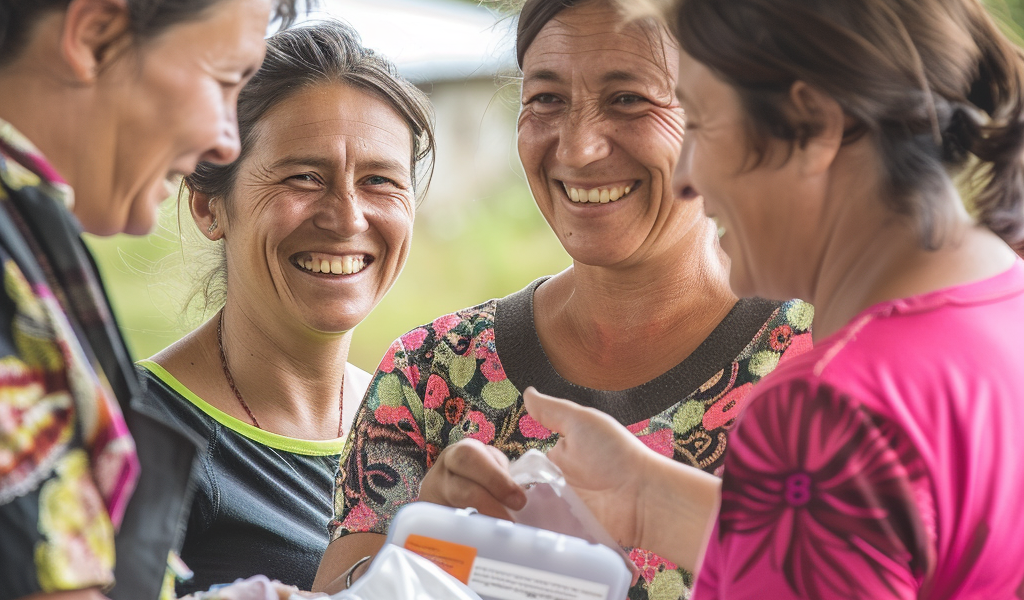The Fight Against Cervical Cancer: Improving Health Care in Marginalized Communities
March 1, 2024
Home-test kits and mobile labs for detecting cervical cancer are transforming health care in remote or marginalized communities. Magdalena Rothova, director of the Association for Culture, Education and Communication (ACEC) in Slovakia, is leading the charge to reduce deaths from cervical cancer in Europe.
Rothova and her team are targeting mostly Roma communities in eastern Slovakia, where there is a prevalent suspicion and fear surrounding cancer screening. Many women in these communities are hesitant to undergo testing due to concerns about their fertility and a general distrust of medical professionals.
Cervical cancer claimed the lives of over 13,000 women in the EU in 2020, making it a significant public health concern. Early screening is crucial in reducing mortality rates, as it allows for the detection and removal of abnormal cells before the cancer progresses. However, physical and cultural barriers often impede widespread screening efforts, particularly in remote areas.
To address these challenges, ACEC collaborated on the PRESCRIP-TEC research project, which was funded by the EU and focused on exploring the effectiveness of self-testing for cervical cancer in hard-to-reach areas. The project spanned Slovakia, Bangladesh, India, and Uganda, and concluded in January 2024.
During the project, ACEC successfully collected samples for cervical cancer self-testing from 2,027 women in just three months, thanks to the dedicated efforts of 21 health care workers. The program’s success can be attributed to the trust built between the health care workers and the Roma women, as well as the accessibility of the self-testing kits.
By empowering marginalized communities with the tools for early detection and intervention, initiatives like the PRESCRIP-TEC project are paving the way for improved cervical cancer outcomes in regions where access to traditional screening methods may be limited. The impact of these efforts extends beyond individual health, contributing to the broader goal of reducing health disparities and promoting equitable care for all.





